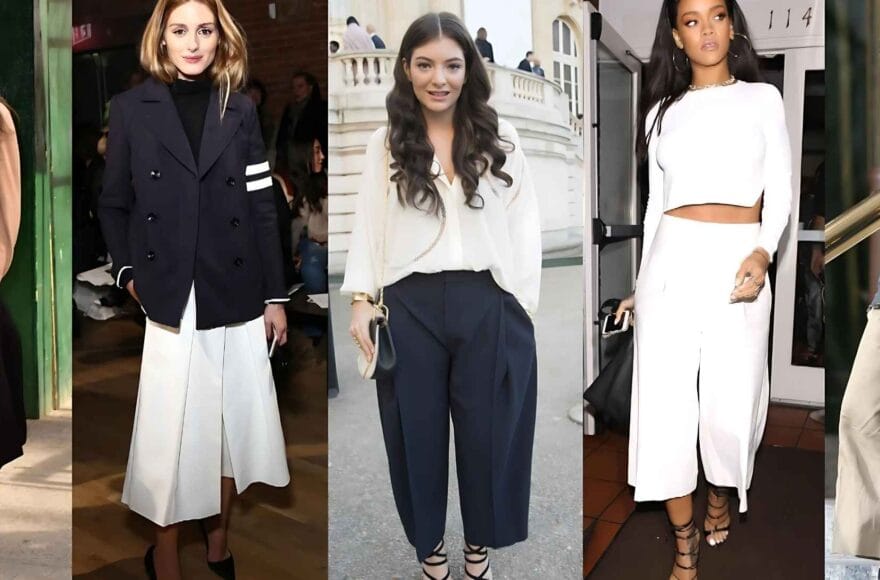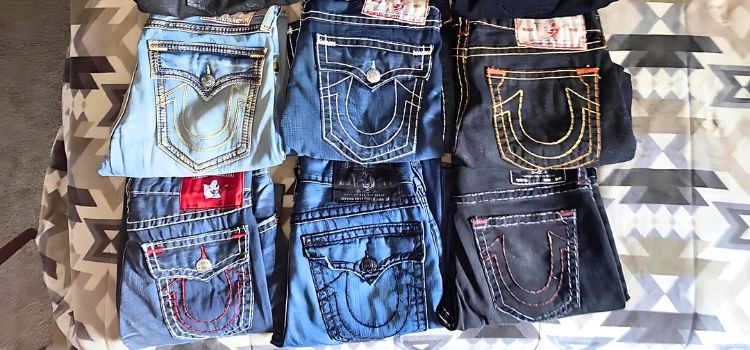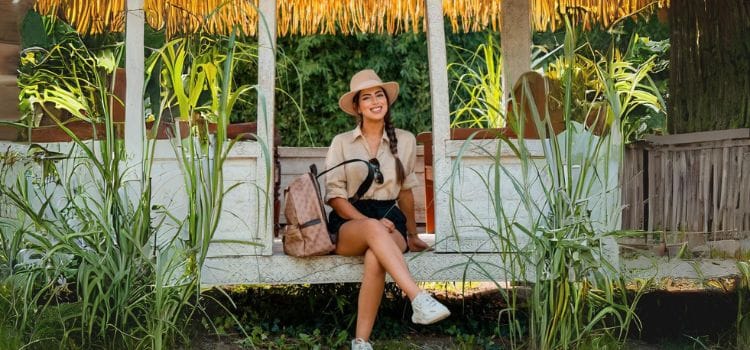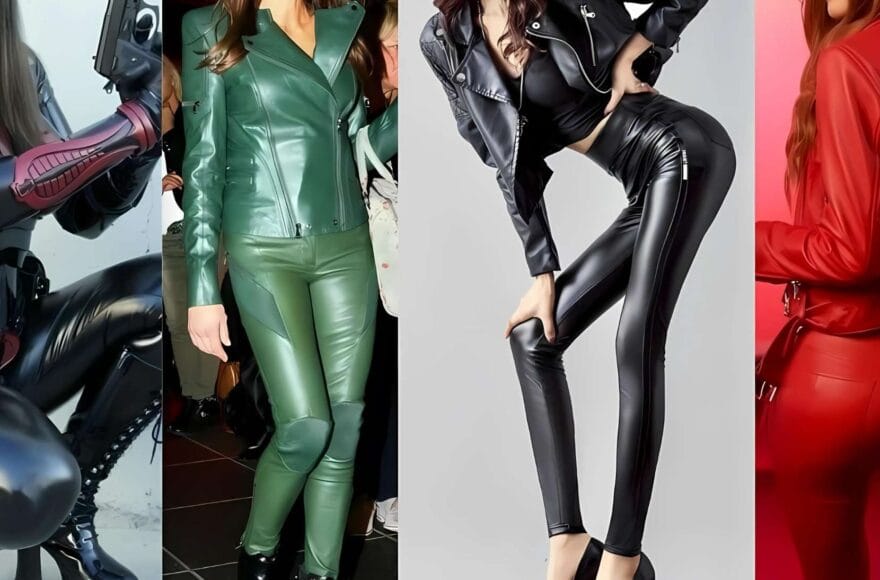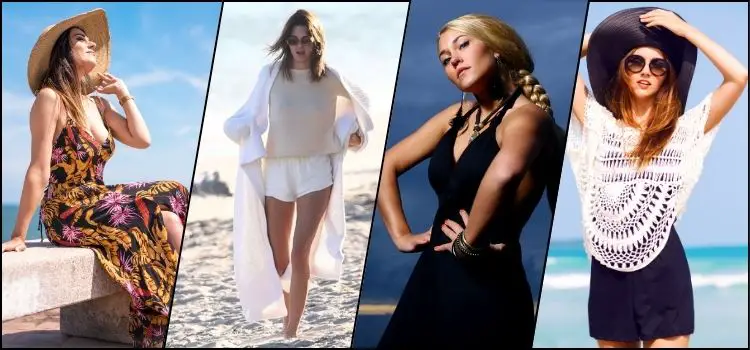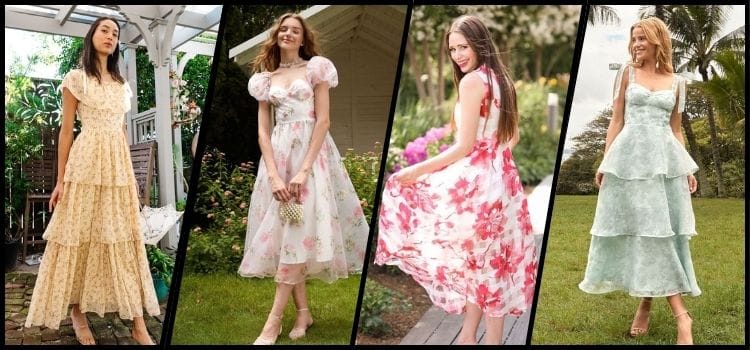Should I Wear Black to a Wedding? Dress Code Explained
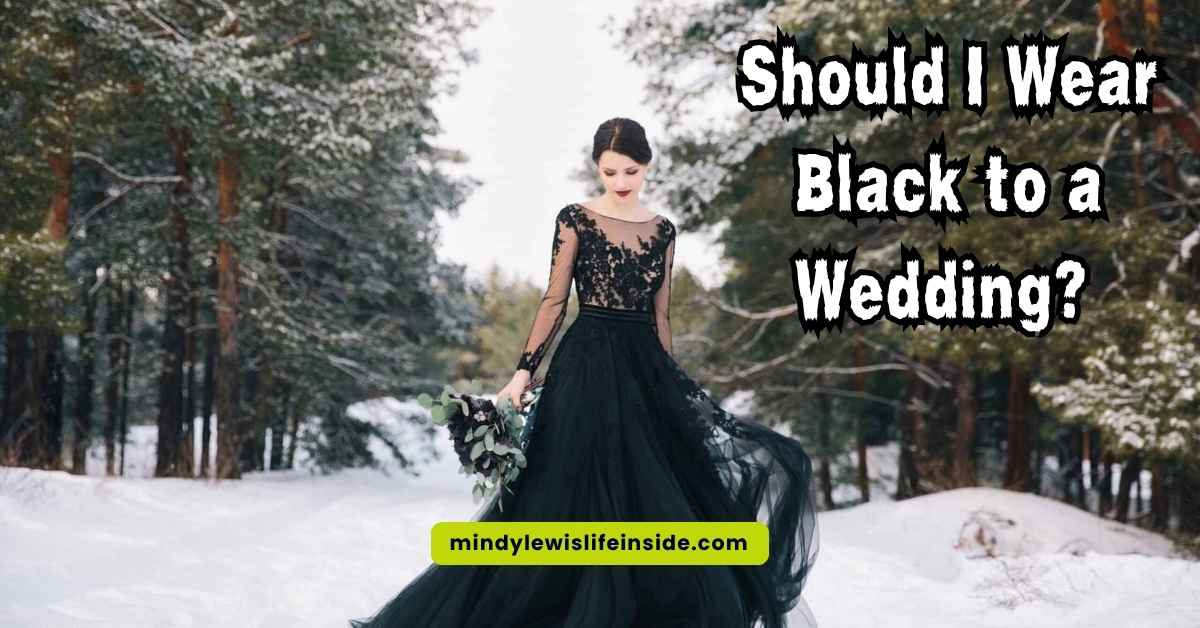
Last updated on September 1st, 2025 at 08:30 am
As an Amazon Associate, I earn from qualifying purchases
Thinking about if you can wear black to a wedding? You’re not the only one who thinks about this. Figuring out what to wear as a wedding guest can be hard, and lots of people talk about if a black dress is okay.
In the past, black was not seen as a good color for these events. Now, people accept it more, but there are some things to keep in mind. The best choice depends on the wedding. You need to think about the time of year, whether it’s a summer day or a fancy winter night. The place and the style also matter.
The simple answer is yes, you absolutely can wear black to a wedding in today’s fashion landscape. This marks a significant shift from traditional etiquette, where black was once considered inappropriate for celebratory occasions.
Modern wedding experts and fashion authorities now widely embrace black as a sophisticated, elegant choice for wedding guests. In fact, according to recent research by Dalston Mill Fabrics, black is actually the most popular color for wedding guests, with over 74,000 searches worldwide each month for black wedding guest outfits—over 11,000 more searches than the next most popular color. This shows that black is not just acceptable, but actively preferred by many.
Let’s look at what you should and should not do if you want to wear black. There are simple ways to add this hue to your wedding guest outfit and still look good for the event.
Understanding Wedding Dress Codes in the United States
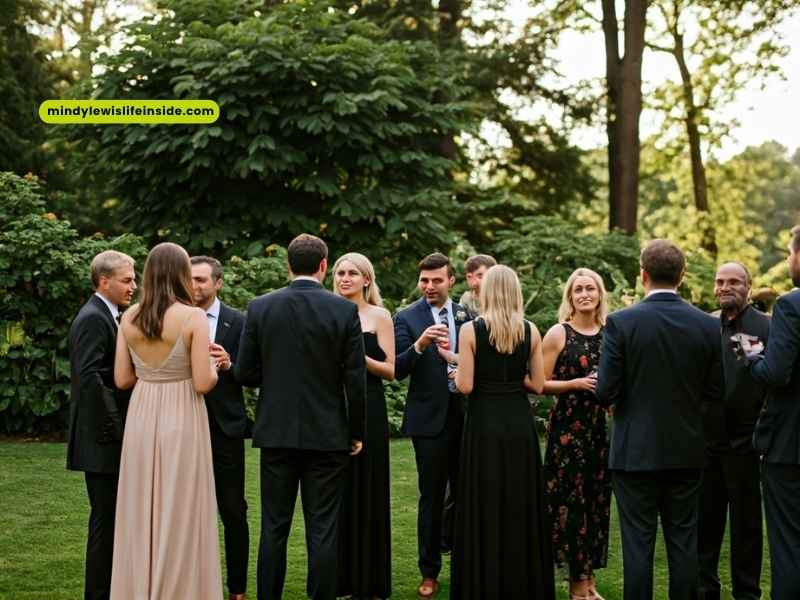
Wedding dress codes are important because they help you understand what to wear for different events. In America, each celebration can have its own dress code. For example, if you are going to a garden wedding, you may want to go for smart-casual clothes. If you get invited to a formal winter wedding, you would need an elegant dress or a sharp suit.
No matter if the wedding is on the beach or a fancy black-tie event, it is important to know the dress code before you pick your clothes. When you know the rules, it gets easier to choose the right color and style for your outfit. That way, you can feel good and make sure you dress the right way for the big day.
Common Types of Wedding Dress Codes Explained
Getting an outfit right for a wedding can be hard, but knowing the dress code helps make it easier. Here’s a simple guide:
| Dress Code | Description |
|---|---|
| Black Tie | This one calls for formal gowns or tuxedos. Dark colors or jewel tones are good. |
| Casual Affair | Go with clothes that feel relaxed and comfy, like sundresses or light suits. |
| Special Occasion | Wear something semi-formal. Pick clothes that match the wedding’s season or theme. |
Black clothes can work for these dress codes, if you style them well. For black tie, try a classic look that has metal details. For a casual affair, pick black outfits made of light fabrics and with easy shapes.
Special occasion invites you to get creative, so you can add patterns or bold parts to your black outfit. Just make sure what you wear matches the mood of the event and the dress code, like black tie or a casual affair.
Industry professionals agree: Shawne Jacobs, President of Anne Barge, says, “Guests can absolutely wear black to a wedding. In the past, black was a color typically worn for mourning.
However, over the years, couples have been more open to breaking the rules and opting for non-traditional, modern wedding dress codes.” Bridal stylist Anny Choi adds, “You definitely can! The rule feels antiquated. Black is a great staple option that you can rewear to different weddings.”
How Dress Code Influences Your Color Choices
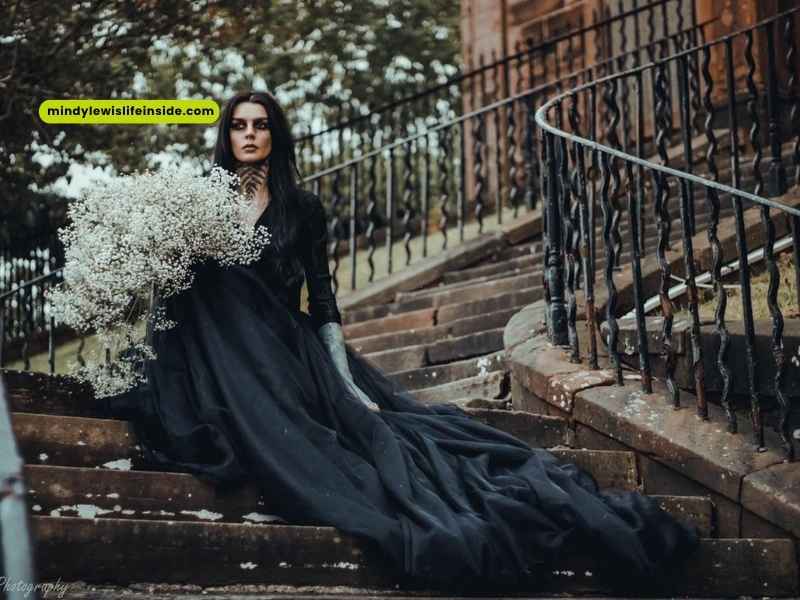
Have you ever thought about how a wedding dress code can change the colors you pick to wear? The time of year, the place, and the wedding theme all matter in your choice. At a summer wedding, you often see bright colors during the day or in the spring. On the other hand, people go for dark shades, like black and jewel tones, at formal nighttime events.
When it gets hot in the summer, it is good to wear light colors and clothes that let your skin breathe. In the winter, adding jewel tones, such as emerald or sapphire, to your black outfit can make it look more fun and fit the event better. Knowing the right time to wear certain colors can help you stand out in a good way and also fit in with everyone else.
Recent fashion retail data shows significant demand for black wedding guest attire: wedding guest dress searches have increased 367% compared to previous years, and major retailers now have dedicated black wedding guest collections. This means you’ll have plenty of stylish options to choose from, no matter the season or dress code.
Picking your clothes is not only about looks. It is also about etiquette. No matter if your black outfit is simple or makes a statement, adding the right accessories for the season will help you look your best and stay on trend.
The Tradition of Wearing Black to Weddings
The idea that a black dress was a bad choice for a wedding guest started because, in the Victorian era, black clothes were what people wore when they were mourning. People saw black as a serious color for sad times and not right for happy, celebratory occasions like weddings.
So, a wedding guest would have thought black was a big faux pas for many years because of this old rule about mourning.
But things have changed now. Society sees fashion differently. Black can now be a top pick for wedding guest attire. Many choose black for its classy and elegant look, even on big days like weddings.
What was once a color only linked to mourning is now welcome and shows just how much weddings have opened up to new styles. Today, choosing black is a creative choice, and it fits in well at modern celebratory occasions.
Historical Beliefs and Misconceptions
The reason people did not wear black dresses at weddings comes from rules made in the Victorian era. Queen Victoria, during that time, showed everyone how to dress for mourning. When Prince Albert died, she put on black for the rest of her life. Because black was seen as a sign of mourning, people did not want to use it for happy events like weddings.
Back then, if there was a loss, families wore black for long periods. People thought it was not right to wear black to any celebratory occasion. This rule influenced how guests dressed for many years.
But it’s interesting to note that before Queen Victoria popularized white wedding dresses in 1840, black was actually a common choice for brides in many cultures. For example, in Scandinavia and Finland, black was a traditional bridal color for practical reasons, and in Spain, Roman Catholic brides wore black lace gowns with mantillas as a symbol of lifelong devotion.
In pre-Victorian Europe, many brides chose black because it was practical—the dark color concealed stains and allowed the dress to serve as their “good dress” after the wedding.
Things began to change in the 1920s. Coco Chanel helped to make the little black dress popular. After that, people started to see black as stylish and good for many events. The old beliefs about black people at weddings faded away. Most people now know wearing black does not mean you are mourning, and it can be a good outfit for almost anything.
Evolving Attitudes Toward Black Attire
In the past few years, a black dress or black attire has come to be seen as a sign of style. Many people, like Coco Chanel with her “Little Black Dress,” help make people see this hue as classic and good for big events. Vogue also helped make black outfits known for looking sharp and modern.
Now, people often wear black to fun and special events, even at weddings. You can see all kinds of black dresses and suits. People get creative by wearing black with jewel tones or bright accessories, so their look does not seem too dark.
Social media and celebrity influence have played a big role in this shift. A viral TikTok by Jordan Bussey showing her all-black dress code wedding garnered nearly 5 million views, sparking widespread discussion about black wedding attire.
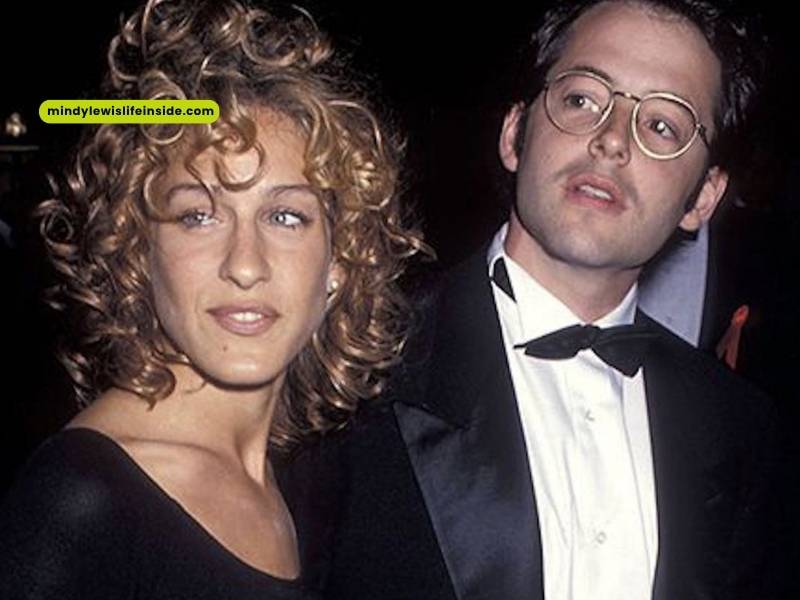
On Instagram and Pinterest, influencers and fashion bloggers regularly showcase stylish black ensembles for weddings. Even celebrities like Sarah Jessica Parker, Christine Quinn, and Kristen Bell have worn black to their own weddings, helping to normalize the choice.
Today, rules about what people can wear have changed. Wearing black to weddings is not seen as bad anymore. As long as your black dress or suit goes with the dress code or the ways of the couple’s culture, this color can fit in well for these events.
When Is It Appropriate to Wear Black to a Wedding?
Black outfits can go well with many weddings if some things are kept in mind. You need to think about the venue, the time of year, and the type of event. For example, a black suit can look great at a formal indoor wedding, but lighter colors may be better when it is an outdoor wedding in the summer.
Wedding planner Emma Watts surveyed her community and found that 89% of respondents believe wearing black to a wedding is perfectly acceptable. This professional consensus reflects the significant shift in wedding etiquette over recent years.
Wedding guest attire should always show that you respect the couple and what they want. If you are not sure about wearing black, check the wedding website or ask them directly. Making smart wardrobe choices shows that you get the meaning and mood of their big day.
Considering Season, Venue, and Time of Day
What helps you decide what to wear as a wedding guest? The season, the venue, and the time of day have a big impact on this. It is good to keep these things in mind when picking your look:
- Summer Wedding: Go for light, breathable fabrics and pick shorter clothes. This will help you stay cool at the venue. Black linen dresses can work well, especially when you pair them with some nice florals or bright accessories.
- Formal Winter Wedding: Choose jewel tones for your outfit. These colors look nice with velvet dresses and sharp suits.
- Daytime Outdoor Events: Pick lighter styles. This can help with black clothes since lighter colors keep you from getting too hot under the sun.
- Evening Celebrations: A black outfit with some shine fits right in when the celebration is at night.
Black excels at formal and evening weddings, where it naturally fits the sophisticated atmosphere. For black-tie events, black attire is not only appropriate but often encouraged. The elegance and formality of black make it ideal for upscale venues like hotel ballrooms, art galleries, or evening ceremonies.
Follow these wedding guest outfit tips so that you fit in, look nice for the day, and still feel comfortable.
Respecting Cultural and Family Traditions
Cultural sensitivities about dress code tell us if black is okay to wear to a wedding. For Chinese weddings, black often means mourning, so it’s better to go with bright colors and other happy tones. Similarly, in Indian culture, black symbolizes sadness, grief, and sorrow, making it inappropriate for the joyous occasion of a wedding.
It’s also important to think about what the family believes. If the couple or their family cares a lot about etiquette and color at the event, wearing something else shows you have respect for what matters to them. You can look at the wedding website or the suggested dress code for help. This will help you know what to wear and avoid problems.
When you know about these things, your choice of black clothing will fit in well and not take away from the meaning of the event.
Conclusion
To wrap things up, the choice to wear black to a wedding is not simple and depends a lot on a few things. You have to think about the usual dress code, the kind of venue, and your own style. In the past, black stood for mourning, but now, more people see it as fine for weddings.
When you know the couple and what they want, you can pick what to wear with confidence. Make sure your clothes fit the dress code and the mood of the wedding. Weddings are for joy and love, so your outfit should show that. If you are still not sure about your clothing or have other questions about what to wear, you can always ask for help!
Frequently Asked Questions
Is wearing black to a wedding considered bad luck?
Wearing black to a wedding is not seen as bad luck at modern weddings. In the past, people thought it was a faux pas. This was because of old mourning customs from the Victorian era.
Back then, black was not used for happy or celebratory occasions. Now, it is okay and even seen as a stylish choice for guests to wear black at weddings. In fact, black is now the most searched-for color for wedding guest outfits worldwide.
Can I wear a black dress to a summer wedding?
Yes, you can wear a black dress to a summer wedding. To make it work, go for a light fabric. Add some bright colors or florals as you get ready. Remember the time of year and what is fine for wedding guest attire. This helps you look good and fit the event as a wedding guest at a summer wedding.
How can I accessorize black attire to make it wedding-appropriate?
Make your black dress stand out with some bright jewel tones, metallic shoes, or a floral headband. You can add a bold clutch or big earrings to turn this dress into a look that is perfect for a special occasion. If you mix different textures with your accessories, your outfit will feel more fun and ready to celebrate, not sad. Fashion experts recommend adding colorful jewelry, metallic accents, or textured fabrics like lace or satin to keep your look festive.
Are there weddings where black is never acceptable?
Yes, some weddings, like a traditional Chinese or Indian one, see black as not good to wear because it is linked with mourning. It is important to know the type of wedding and follow the right etiquette. This helps your clothes fit in with the event’s culture and what they want.
Should I ask the couple before choosing black for their wedding?
Of course! Check the wedding website or look at the suggested dress code if there is one. If you are not sure what to wear, ask the couple. When you make sure that your wardrobe fits with what they want, you show respect and help the day be good for everyone as a thoughtful wedding guest.
As an Amazon Associate, I earn from qualifying purchases




